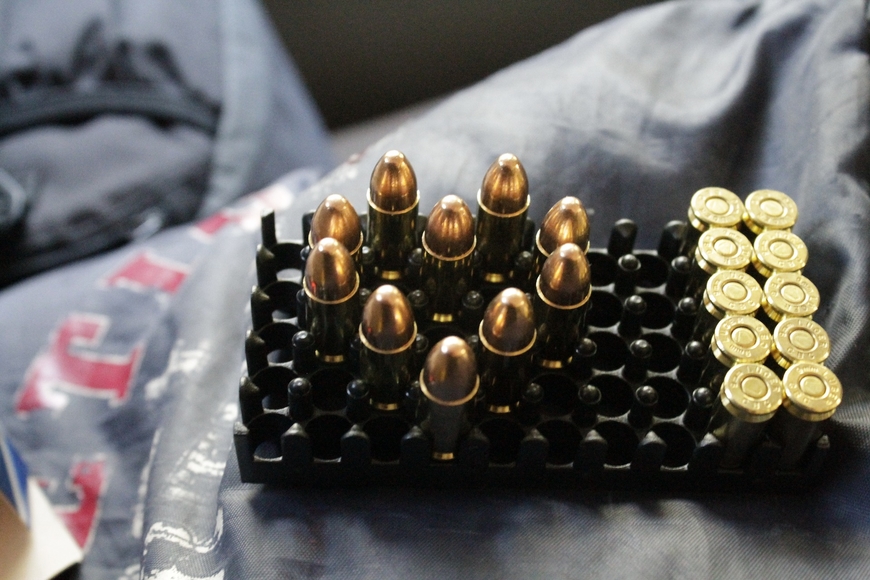UMN Professor Barbara Frey Discusses Why Human Rights Are Key to Solving the Gun Violence Crisis
The issue of gun violence is all too salient today both in Minnesota and around the United States. The local shootings of African American men such as Philando Castile and Jamar Clark by police officers, as well as the high rates of gun-related violence in cities like Chicago, Detroit, or Baltimore have kept the issue of gun violence in the nation’s headlines. A talk on the subject by Director of the Human Rights Program, Barbara Frey, spoke to the pressing issue of how to respond to gun violence through a human rights lens.
Late in 2018, Frey presented at the conference, Interdisciplinary and Human Rights Approaches to the Gun Violence Crisis in the United States at Washington University in St. Louis. Frey is especially attuned to these issues having served from 2002-06 as U.N. Special Rapporteur to the Sub-Commission on the issue of preventing human rights abuses committed with small arms and light weapons.
At the conference, Frey spoke of the obligations that States hold to “respect and ensure” the right to life. It is the State’s responsibility to: ensure that individuals and vigilante groups do not negate the right to life through the misuse of weapons, maintain accountability for law enforcement to respect the right to life, and ensure the prevention of small arms transfers if there is reason to believe that such transfers will result in violation of international human rights and humanitarian law.
Small arms may not be the only means through which human rights are violated, but they do exacerbate conflicts and can lead to mass atrocities. Therefore, the weapons themselves must be a centerpoint of discussion around this topic. Economic, social, and cultural rights are threatened when a State does not regulate gun transfers because as a community becomes more heavily armed, the risk of human rights violations increases. For example, rights to education, healthcare, development and the right to participate in government are all threatened when violence permeates a community.
To inform her study, Frey circulated a survey to all U.N. States regarding their laws and policies regarding transfer and use of guns. Responses from 40 States indicated widespread government practices to require background checks for individuals seeking licenses for small arms and vetted applicants based on age, criminal activity, psychology, and history of domestic violence.
Based on this consensus, Principles 10-14 of the 2006 Principles endorsed by the Sub-Commission on the Prevention of Human Rights Violations Committed with Small Arms and Light Weapons, identified specific actions States should take in order to prevent human rights violations through small arms and weapons, more specifically stating, “Governments shall enact licensing requirements to prevent possession of arms by persons who are at risk of misusing them.” Governments are asked to consider age, mental fitness, requested purpose, prior criminal record, and prior acts of domestic violence when considering whether or not to license someone to hold a small arm weapon.
Frey further emphasized that States hold the responsibility to protect the right to life, and that the right to self defense does “not negate the State’s due diligence responsibility to maximize protection of the right to life for the society through reasonable regulations on civilian possession of weapons.” She also cited General Comment 6 and the U.N. Human Rights Committees newest General Comment 36 which hold that States must take positive actions to ensure that the right to life is not threatened. States must preemptively recognize and prevent situations that could lead to murder, especially by armed groups.
Gun violence, as Professor Frey’s talk demonstrated, is a complex and layered subject requiring creative and collaborative solutions. According to Frey, the United States remains an outlier in working toward comprehensive solutions to persistent gun violence. Ultimately, as governments, civil societies, rights groups, and citizens seek to build new norms regarding guns and other small arms, the United States should be encouraged to engage with these discussions and advocates must strategically decide the ways in which they engage with a human rights framework to combat gun violence.



